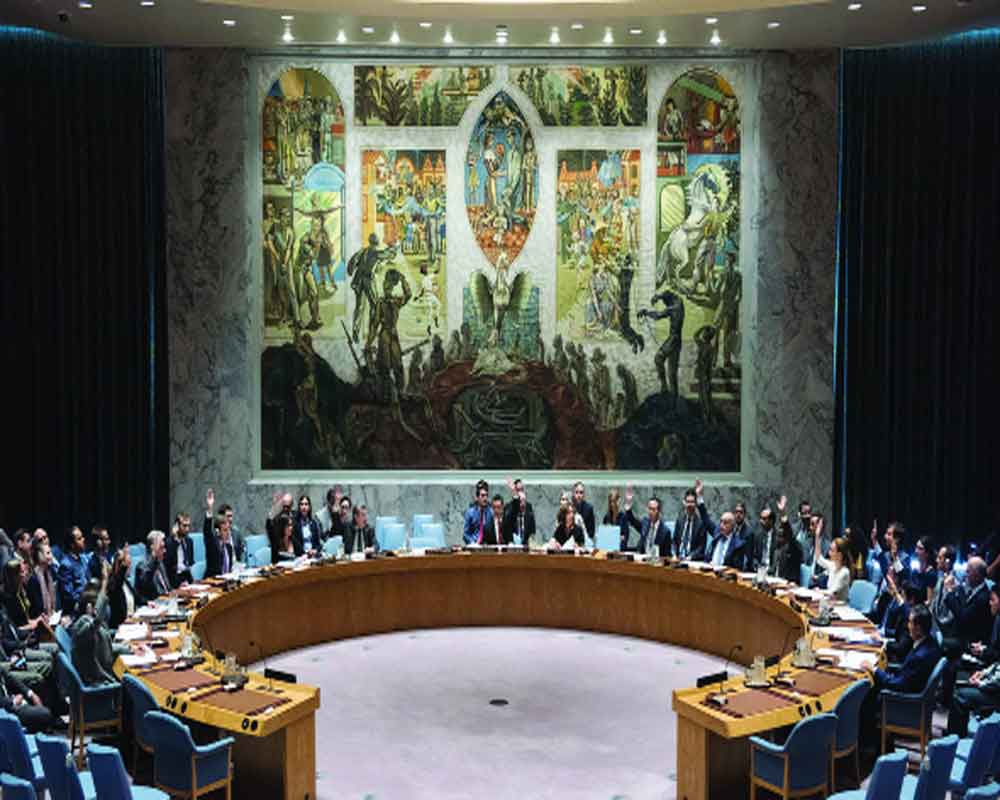From structural drawbacks to the intertwined interests of its members, the UN faces myriad obstacles in its quest for global harmony
The United Nations (UN), established in 1945 as a successor to the League of Nations, set out with the ambitious objective of preventing global conflicts and maintaining international peace. However, throughout its history, the UN has encountered numerous challenges and criticisms, casting doubt on its effectiveness in fulfilling its mandate. This article delves into the journey of the UN, its shortcomings, and contemporary geopolitical conflicts that underscore its limitations.
The League of Nations, established after World War I (1914-1919), aimed to prevent future wars but ultimately failed to prevent World War II (1939-1945), leading to the creation of the United Nations. While inheriting the aspirations of its predecessor, the UN has faced its own set of shortcomings.
One major criticism lies in the structure of the UN, particularly the Security Council. The veto power and power imbalances among its permanent members often impede decisive action, as seen in conflicts like the Russia-Ukraine dispute, highlighting the organization's limitations in addressing geopolitical crises effectively.
A significant limitation of the UN is its reliance on member states for military contributions. The absence of a standing UN military force has resulted in delays and compromises in responding promptly to crises, as evident in the ongoing Russia-Ukraine conflict.
Ukrainian President Volodymyr Zelensky's address to the UN Security Council in April 2022 emphasised the potential consequences of the UN's failure in resolving conflicts, raising profound concerns about the organisation's efficacy.
Furthermore, the UN's dependence on member states for peacekeeping missions can lead to delays and compromises in crisis responses, as illustrated by the complexities of the Israel-Gaza conflict.
The United Nations Security Council (UNSC), responsible for global peace and security, has long been criticised for its exclusive permanent membership limited to five nations. The dominance of a select few countries within the UNSC raises questions about the organization's adaptability to the evolving global landscape.
India, among other nations, has demonstrated the qualifications for permanent UNSC membership, yet the exclusive club remains closed, sparking debates on fairness and representation.
Calls for UNSC reform have been ongoing, proposing solutions such as expanding permanent membership or including more rotating seats. However, resistance to these discussions highlights the challenge of diluting the power of existing permanent members.
In conclusion, while the United Nations strives to uphold its noble intentions, it faces significant hurdles in fulfilling its mission. Addressing structural issues within the Security Council, enhancing peacekeeping capabilities, and promoting diplomatic solutions are imperative for the UN to adapt to the demands of a complex global landscape. Criticism, though essential for improvement, must be met with a collective commitment to strengthen the UN's ability to foster international peace and security.
(The writer is a political science student of Bharati college, Delhi University; views are personal)


























